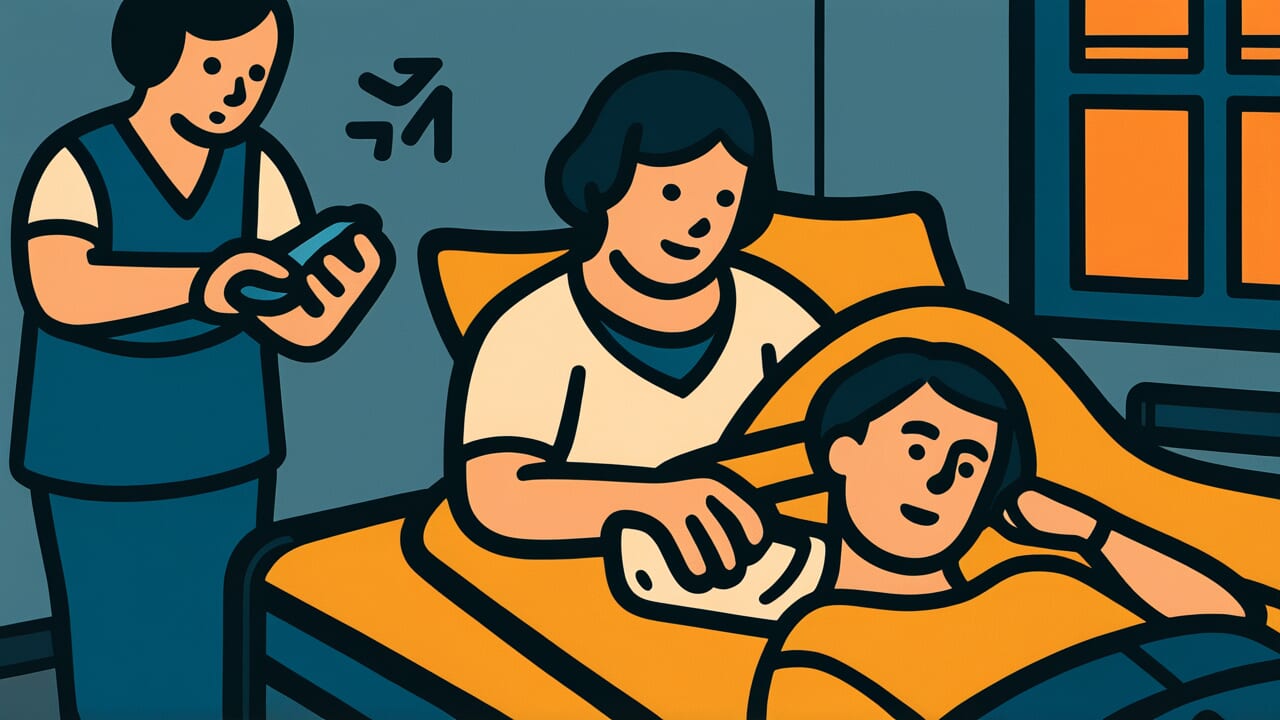How to Read “Prevention over medicine”
Kusuri yori yōjō
Meaning of “Prevention over medicine”
This proverb means it’s more important to take care of your health daily and prevent illness than to treat sickness with medicine after it happens.
It teaches that maintaining good daily habits to avoid problems in the first place is wiser than dealing with issues after they occur.
People use this saying when advising someone with unhealthy habits or when reflecting on their own lifestyle.
When you notice habits like staying up late, eating poorly, or not exercising enough, this proverb reminds you how important prevention is.
Today we recognize the importance of preventive medicine through health checkups and vaccinations. This proverb represents the wisdom of ancestors who understood this concept hundreds of years ago.
Origin and Etymology
The exact origin of this proverb isn’t clearly documented, but it was already widely used during the Edo period.
The word yōjō itself appears in classical Chinese medical texts. It came to Japan as a concept emphasizing the importance of daily health management.
Yōjō originally meant “nurturing life.” It refers not just to avoiding illness, but to all aspects of living that keep mind and body healthy.
This includes diet, sleep, exercise, and mental stability. It encompasses the wisdom of maintaining health through everyday life.
Medicine was traditionally understood as something used after getting sick. During the Edo period, medicine centered on Chinese herbal remedies and was quite expensive.
For common people, preventing illness through daily life was more practical than buying costly medicine after getting sick.
This proverb’s background shows how preventive medicine thinking was rooted in Japanese culture.
The emphasis on prevention over treatment reflects the practical wisdom of ancestors trying to protect health with limited medical resources.
Interesting Facts
Today, yōjō is often used for recovery periods after illness. Originally, though, it meant general health management that healthy people practiced daily.
Edo period health guides described how to live through each season, what foods to choose, and even how to maintain mental well-being.
These books covered health methods for every aspect of life.
The character for “medicine” (kusuri) combines the grass radical with the character for “pleasant.” This reflects how medicinal herbs ease people’s suffering and free them from pain.
However, this proverb teaches the value of maintaining a state where you don’t need that relief in the first place.
Usage Examples
- If you’re feeling tired lately, prevention over medicine—try going to bed and waking up early
- Rather than regretting it after catching a cold, let’s follow the spirit of prevention over medicine and manage our health carefully every day
Universal Wisdom
This proverb has been passed down because it understands a fundamental human trait.
We react sensitively to problems right in front of us, but become surprisingly indifferent to problems that haven’t happened yet.
We know intellectually that today’s unhealthy habits lead to future illness. Yet we postpone action because we’re not suffering right now.
This postponement psychology relates to human survival instinct. It’s a remnant from times when dealing with immediate danger was top priority.
Our brains may be designed to choose present comfort over distant future risks.
The pleasure of staying up late, the temptation of delicious food, the comfort of skipping exercise—these all reflect our essential human tendency to prioritize immediate pleasure.
Yet our ancestors understood this human weakness and deliberately left us this proverb.
It teaches that we should prepare for the future during peaceful days, not panic after problems arise.
This isn’t just about health management—it’s a deep insight that applies to all of life.
Cherishing the present while caring for your future self. The proverb teaches that balancing both is true wisdom.
When AI Hears This
In systems theory, intervention points have a hierarchy of effectiveness.
From lowest to highest: “adjusting numbers,” “adding buffers,” “changing structure,” and “changing goals.” Higher levels produce bigger changes with less effort.
Medicine is a typical “number adjustment.” If blood pressure is high, medication lowers the numbers. If there’s pain, painkillers reduce the pain level.
It certainly works quickly, but the structure creating the problem remains unchanged. This means stopping the medicine likely returns things to their original state.
You need continuous daily intervention.
Prevention, on the other hand, is “structural change.” By changing the daily systems themselves—sleep hours, diet content, exercise habits—you create a system where problems are less likely to occur.
The initial change requires effort, but once the new structure takes hold, healthy results continue automatically without ongoing intervention.
What’s interesting is that this difference in effectiveness is exponential.
Compare the cost of taking medicine daily for a year versus spending three months changing lifestyle habits. Long-term, the latter is overwhelmingly more efficient.
This proverb verbalized through experience the “superiority of structural change” that humans find hard to grasp intuitively.
Lessons for Today
Modern society may need the preventive wisdom this proverb teaches more than any other era.
We’ve traded convenience for health risks like lack of exercise, insufficient sleep, and excessive stress.
Yet in our busy daily lives, we get caught up in immediate concerns and tend to miss signals from our own bodies.
This proverb teaches the truth that small habits accumulating can change your life.
Daily stair climbing, a glass of water, sufficient sleep—these are modest, unremarkable actions. But they definitely protect your future.
You don’t need to aim for perfection. Just start with one small step you can take today.
What matters is noticing the value of health while you have it, not regretting its loss afterward.
Your body works for you every single day. Taking time to appreciate and care for that body becomes the best gift you can give your future self.



Comments